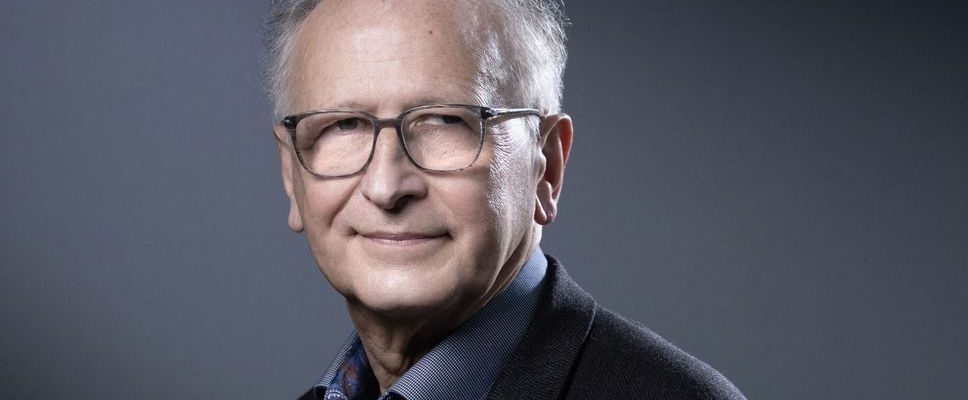One of the challenges of our societies is to support the increase in life expectancy. In two centuries, in France, the share of people aged over 65 in the population has increased from 6 to 21%. The number of people over 65 is expected to double in 2050 and those over 80 to triple. Aging is associated with a number of degenerative diseases, particularly brain damage and the progressive loss of cognitive functions. Chronic neurological diseases affect approximately 1% of people aged 60 but 8% of those aged 80 and 30% of centenarians. The main measures must obviously concern prevention (healthy lifestyle, maintaining physical and mental activity, preservation of an intergenerational human environment) and care adapted to each person’s situation by trying to promote living spaces. inclusive.
But is there a place for medical interventions based on a better understanding of the biological processes of aging? The question is open, it must be approached with great circumspection. The point here is not to try to extend life expectancy beyond reasonable limits but to slow down the occurrence of degenerative processes in order to improve the quality of life of people aged 70-80 and over.
Aging is accompanied by a chronic state of inflammation (called inflammageing in English). It is characterized by the production of small quantities of substances, particularly proteins, involved in immune responses directed against infectious agents, particularly viral ones. Here, however, it is not a microbe that triggers this response, but rather aging. How and what are the consequences? During a viral infection, our immune cells detect, among other things, the presence of viral RNA or DNA in the cytoplasm of the other cells that make up our body. These sensors do not know, in the case of DNA, whether it comes from a virus or from the cell itself. As DNA is not normally found in the cytoplasm (apart from the mitochondria), it is this presence which is perceived as abnormal and triggers the inflammatory response. During cellular aging, for reasons that are still poorly understood, DNA from mitochondria (and to a certain extent from nuclei) can leak toward the cytoplasm. This is how this inflammatory state is created.
An exciting discovery
A brilliant German researcher working in Lausanne, Andrea Ablasser, has just shown in an article published this summer in Nature that the inflammation generated by one of these DNA sensors caused in aged mice (26 months) an inflammatory state of microglia – a support tissue essential to the proper functioning of the brain – associated with a loss of neurons and a decrease cognitive performance, including memory, of these mice. By using a molecule, administered orally to mice, which inhibits the metabolic pathway responsible for this inflammation, we observe a reduction in inflammation, associated with a slowdown in neuronal loss and loss of cognitive functions. This result is remarkable because it identifies a molecular pathway involved in cognitive decline… in mice.
Can these results be transposed to humans? The same molecular pathway responsible for inflammation is conserved between species and the inhibitory substance is anti-inflammatory when applied to cells of human origin. In addition, the chronic inflammatory state linked to age has also been demonstrated in humans.
Nevertheless, it would be surprising if there were not other metabolic pathways involved in humans. The responsibility of theinflammageing in neurodegenerative processes in humans remains to be clarified in a time scale incommensurate between humans and mice (a 30-month-old mouse is equivalent to a approximately 80-year-old man). Despite these necessary reservations, the work of Andrea Ablasser’s team opens up an exciting new field of research from which it is not excluded, in the long term, to see it lead to the possibility of intervening to slow down neurodegenerative processes and thus improve the living conditions of the elderly.
* Alain Fischer is president of the Academy of Sciences and co-founder of the Institute of Genetic Diseases
